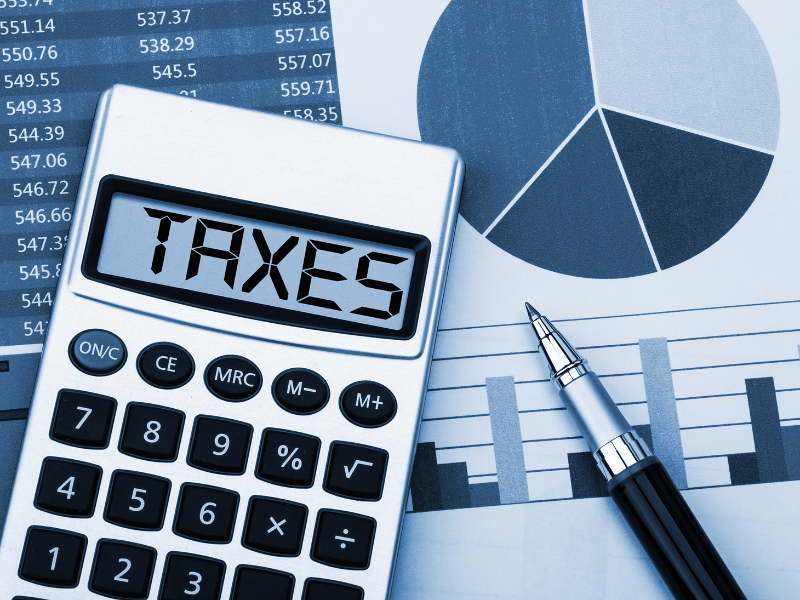Exploring IRS Uncollectible Status for Tax Debt Relief
When you owe money to the Internal Revenue Service (IRS) that you cannot afford to pay, one potential form of relief is having your account placed into uncollectible status. This status temporarily suspends collection activity from the IRS due to financial hardship. Here’s a closer look at what uncollectible status means and how to potentially qualify.
What is Uncollectible Status?
Uncollectible status effectively hits the pause button on IRS collections against you for an outstanding tax debt. If the IRS determines you cannot afford any payments due to your financial situation, it will code your account as temporarily uncollectible. This means:
- Active collection efforts stop (garnishments, levies, etc.)
- You don’t have to make any payments
- Penalties are suspended
- The statute of limitations continues running
However, interest will still accrue on the unpaid balance. And once your financial situation improves or a set period of time passes, the IRS can resume collections on the still-outstanding debt.
Qualifying for Uncollectible Status
To be considered for uncollectible status, you must demonstrate to the IRS that paying your tax debt would create a financial hardship by not allowing you to pay for necessary living expenses. The IRS uses allowable expense standards to evaluate if making any payment would be an undue burden.
You must complete Form 433-A (individuals) or 433-B (businesses) to disclose your monthly income, assets, and allowable living expenses like housing, utilities, transportation, taxes, child care, and more. If your income does not exceed your allowable expenses by a certain threshold, collections may be suspended.
The IRS will also examine your asset equity, non-wage household income sources, and ability to obtain a loan to pay the tax debt. Any “allowable” assets beyond expense coverage may be expected to offset your unpaid balance.
If approved for uncollectible status, the IRS will re-evaluate your situation every 1-2 years to reassess if collections can resume based on your finances.
Providing Relief from Collections
While not a permanent solution, achieving uncollectible status allows taxpayers with no means to pay their tax debt the chance to avoid aggressive collection actions during periods of financial hardship. It provides crucial breathing room to stabilize your situation without the constant threat of levies, garnishments, or asset seizures.
If you cannot pay your tax debt, explore your eligibility and properly submit for uncollectible status consideration with the IRS. The relief can help get you back on stable financial footing.
Get help resolving your tax debt – schedule a call with me today.




